Turkish president, Saudi monarch talk bilateral relations ahead of G20 summit
Turkish President Recep Tayyip Erdogan and Saudi King Salman bin Abdulaziz Al Saud have exchanged viewpoints on the development of mutual ties ahead of the upcoming G20 summit as relations between Ankara and Riyadh have sharply soured over the murder of Saudi dissident journalist Jamal Khashoggi at the Saudi consulate in Istanbul in early October 2018.
Saudi state news agency SPA reported that the king called Erdogan to coordinate efforts within the framework of the G20 summit.
Erdogan and King Salman agreed to improve bilateral relations and keep a dialogue channel open to resolve issues, according to a statement by the Turkish Presidential Communications Directorate.
They also discussed the virtual G20 Leaders' Summit – the meeting of the leaders of the world’s 20 biggest economies – between November 21 and 22, which Saudi Arabia will chair. The COVID-19 pandemic and its human and economic implications are likely to lead the agenda for the talks.
Diplomatic tensions between Turkey and Saudi Arabia have increased in recent years, particularly as both countries are involved in several regional conflicts, such as Libya and Qatar, and defend opposing interests.
Saudi Arabia and Turkey have been at odds for some years over foreign policy, and Khashoggi’s murder escalated the tensions severely.
Turkish authorities blocked Saudi and United Arab Emirates state news websites on April 19, days after the sites of Turkey’s state broadcaster TRT and state news agency Anadolu were blocked in Saudi Arabia.
The reciprocal moves came four weeks after Turkish prosecutors indicted 20 Saudis over the cruel killing of Khashoggi.
Turkish officials say his body was dismembered by Saudi killers and his remains are yet to be found.
Agnes Callamard, the UN special rapporteur for extrajudicial, summary or arbitrary executions, investigated Khashoggi’s murder.
She has said “credible evidence” links Saudi Crown Prince Mohammed bin Salman to the killing of the Washington Post journalist and said he should be investigated.
In early October, Ajlan al-Ajlan, chairman of the board of directors of the Saudi Chamber of Commerce in Riyadh, launched a campaign via Twitter “A boycott of everything Turkish, be it imports, investment or tourism “in response to the “hostility of the Turkish government” against Riyadh.
The Saudi Chambers of Commerce is a non-government group of private sector business officials.
Saudi Arabian fast food company Herfy even decided to rename its “Turkish burger” the “Greek burger” in what is likely to go down as one of pettiest geopolitical spats in history.
There was nothing particularly Turkish about the patty burger other than its name, an Ottoman fez and a burly moustache.
But the company nonetheless felt that it was a “duty towards our great homeland” to change the name. It even released a statement on social media clarifying its position.
Turkey's eight biggest business groups have recently denounced that Riyadh is putting pressure on “Saudi companies to sign documents not to import from Turkey.”
In addition, Saudi boycott of products manufactured in Turkey affects several foreign companies, including Spain's fashion retailers Mango and Inditex, both members of the Istanbul Clothing Exporters Association (IHKIB), which have factories in Turkey from which garments are exported to dozens of countries.
Turkish exports to Saudi Arabia have fallen by 16% so far this year, according to data from the Turkish Exporters' Assembly (TIM), with a fall in trade volume of 18% (400 million euros), in the first eight months of the year, compared with the same period in 2019.
Analysts believe that the telephone conversation between President Erdogan and King Salman to improve bilateral relations and resolve problems would likely pave the way for Turkey’s arms sales to Saudi Arabia.
Saudi Arabia is the world’s top arms importer and spent $16.9bn buying weapons in the period between 2014 and 2018, according to the Stockholm International Peace Research Institute (SIPRI), a defense think-tank. At least $4.9bn of that amount was spent on European arms.
The Machinery and Chemical Industry Institution (MKEK) of Turkey exported half of its weapons and ammunition to Saudi Arabia in 2012, according to Anadolu news agency.
VIDEO | Iran's game changing retaliation boxes- part 1
VIDEO | Iran's game changing retaliation boxes- Part 2
VIDEO | Palestinian widow raises three kids in Gaza as her husband killed by Israel
Palestinian teen killed as raids and settler violence intensify across West Bank
Iran’s layered arsenal primed to deter – and decimate – US warships in Persian Gulf
Iranian commander dismisses US military buildup in West Asia as ‘theatrical gesture’
Trump ‘curious’ why Iran hasn’t ‘capitulated’ despite massive US military buildup: Witkoff
Hawkish US senator pushes Trump to ignore aides, press ahead with war against Iran


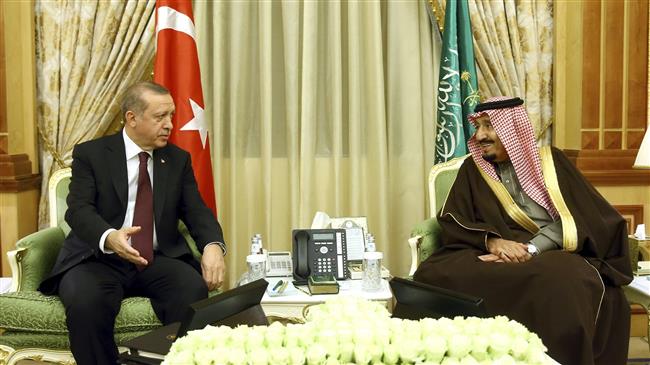



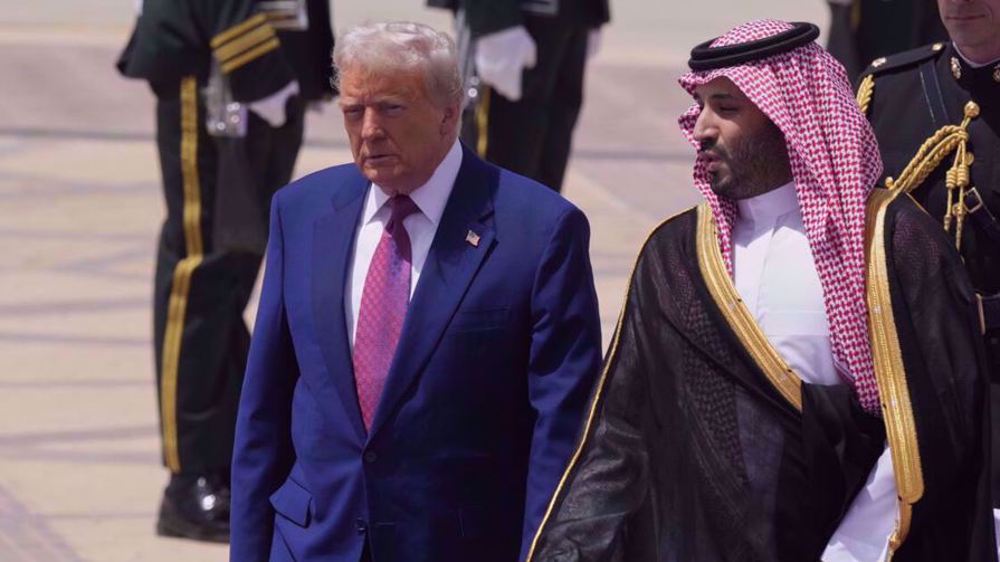
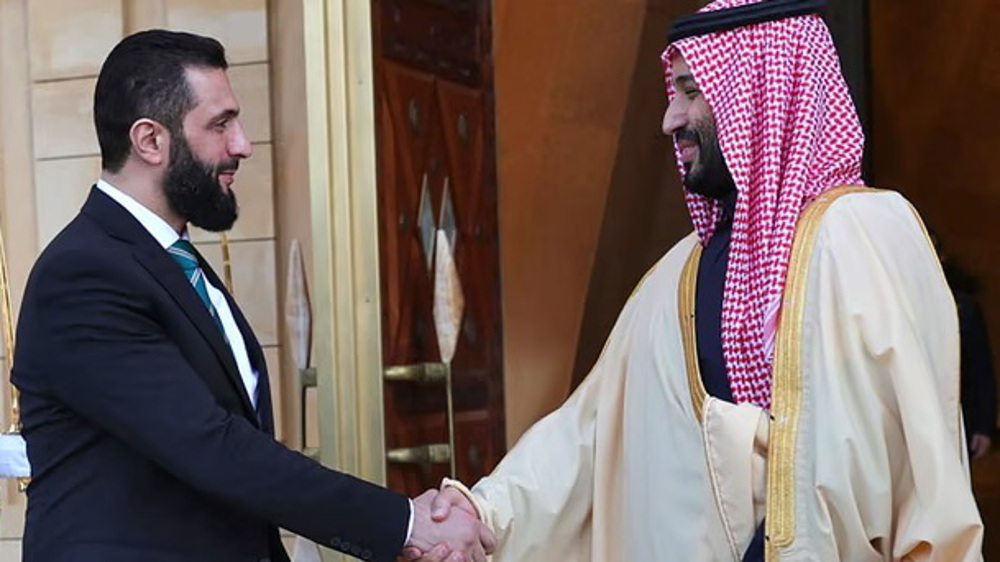
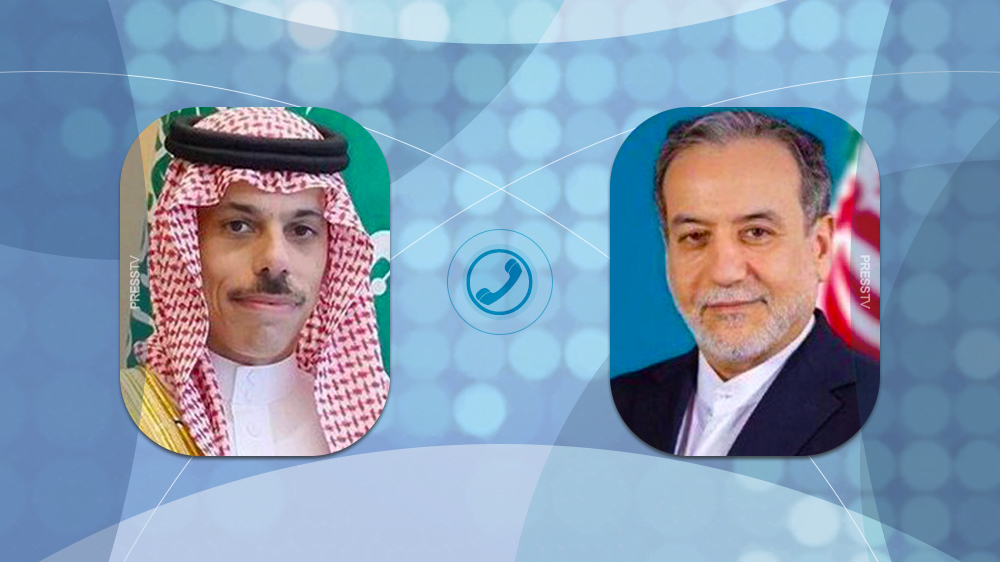



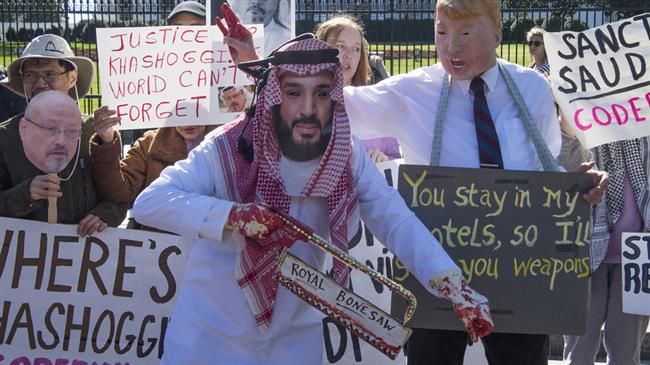
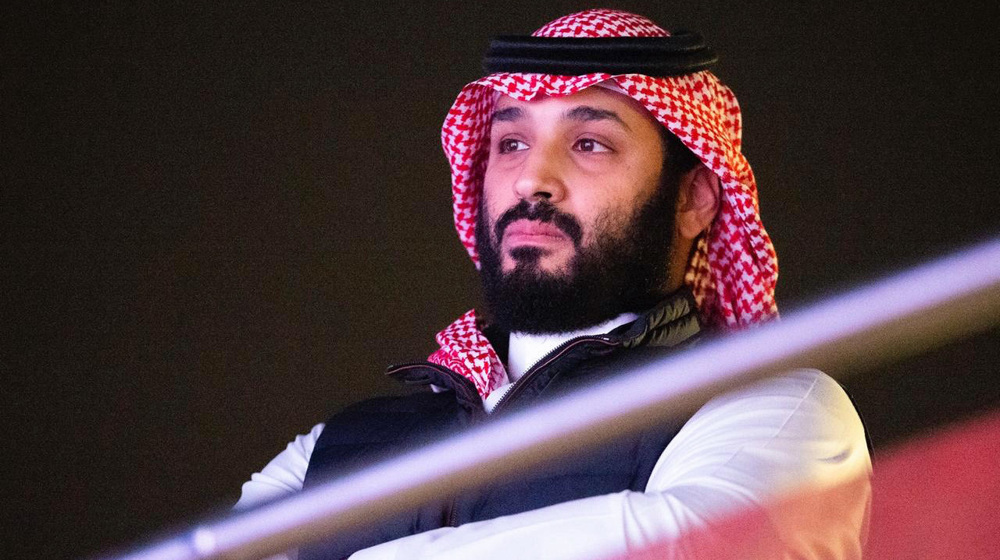
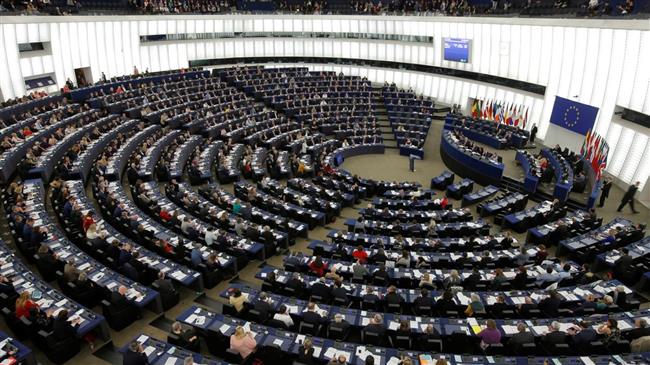
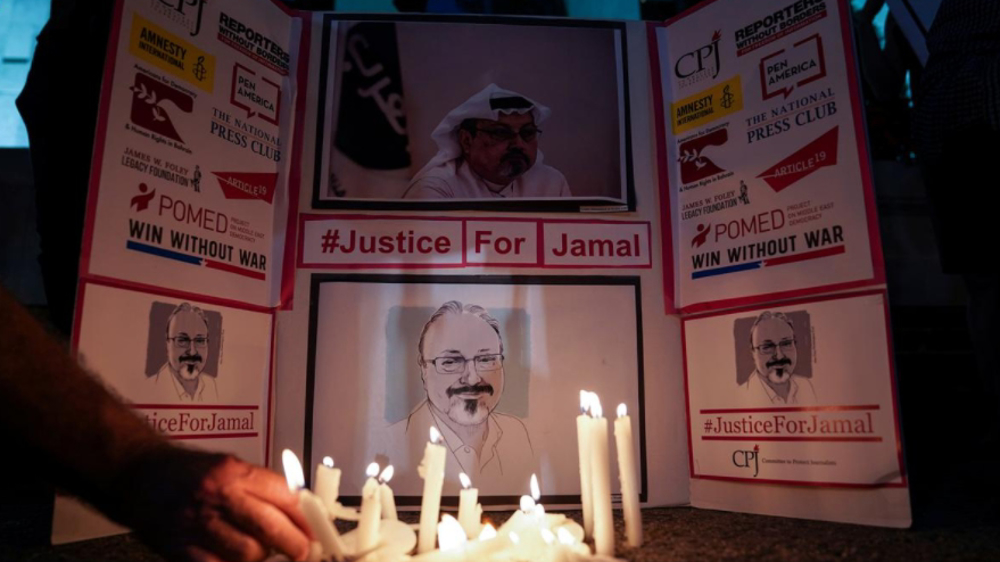
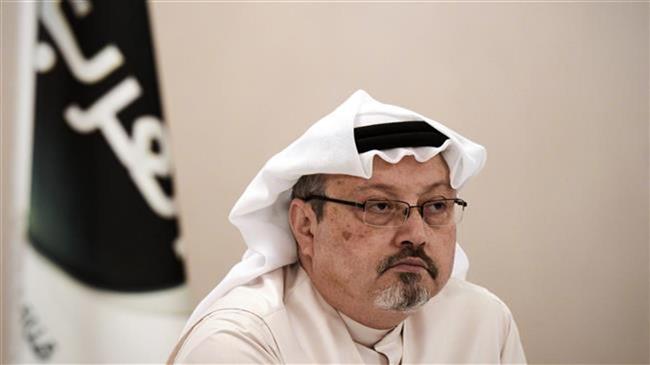
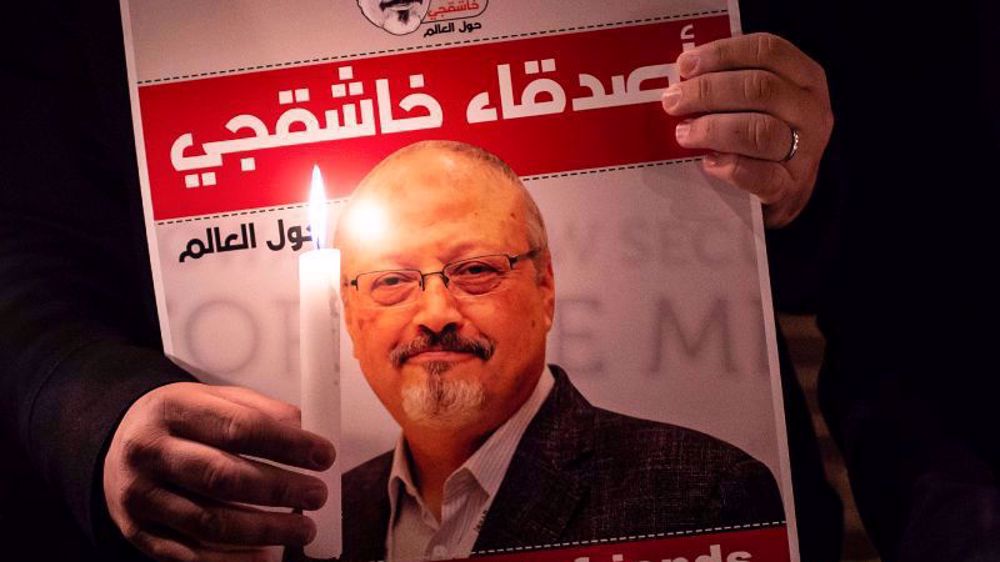
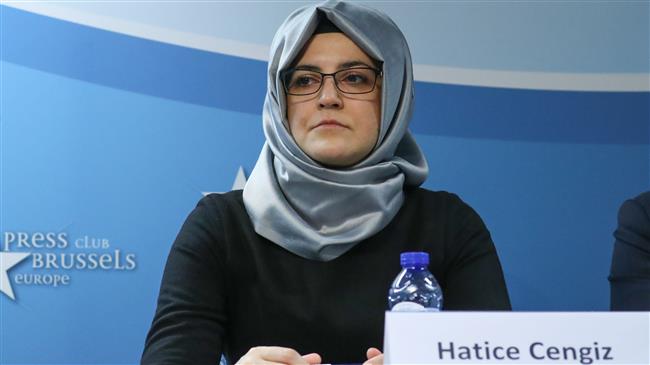
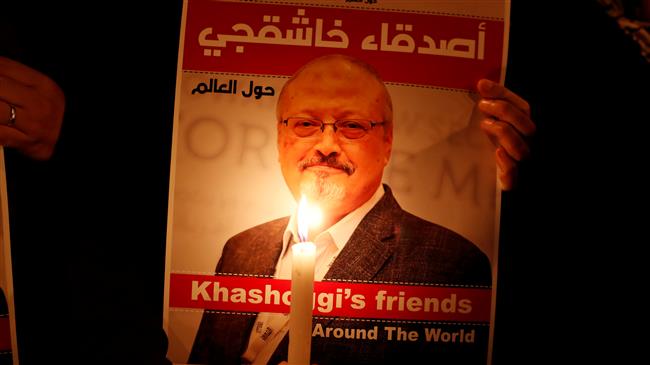

 This makes it easy to access the Press TV website
This makes it easy to access the Press TV website